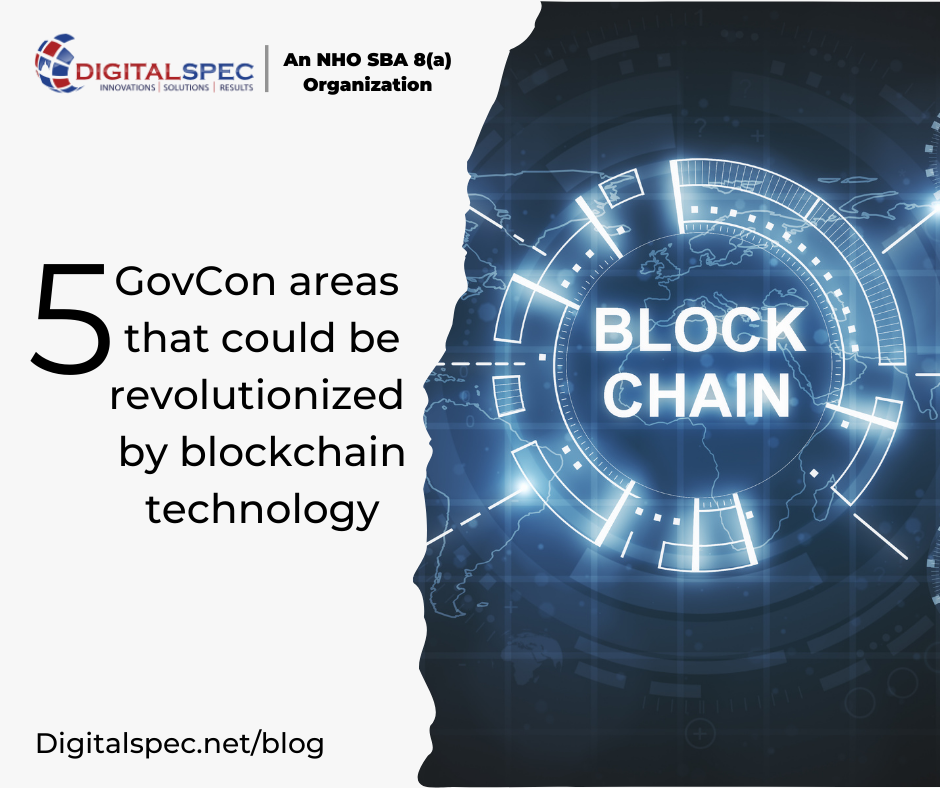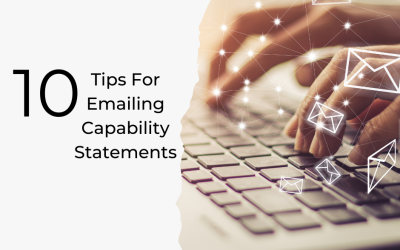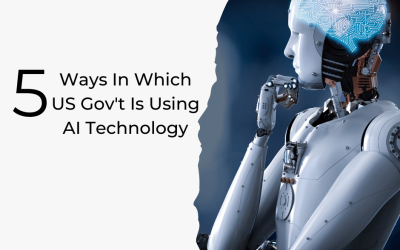The U.S. government is the largest buyer of goods and services in the world, spending more than $500 billion annually on contracts with private businesses. With such a large budget, it’s no surprise that the government is always looking for ways to save money and increase efficiency. One area that has the potential for both cost savings and increased efficiency is the use of blockchain technology in government contracting.
What is blockchain technology?
At its simplest, blockchain is a digital ledger that can be used to record transactions between two parties in a secure, tamper-proof way. Once a transaction is recorded on the blockchain, it cannot be altered or deleted. This makes blockchain an ideal platform for conducting transactions where there is a need for transparency and security, such as in government contracting.
Unlike traditional ledgers, which are maintained by a central authority, the blockchain is decentralized and administered by a network of computers. This allows for greater transparency and security, as all transactions are recorded and immutable. As a result, the blockchain has the potential to revolutionize government contracting by providing a more efficient and secure way to track and manage contracts. In addition, the use of smart contracts can help to automate contract administration, further reducing costs and increasing efficiency. Ultimately, the blockchain offers a new way to streamline government contracting and improve transparency and accountability.
Applications of blockchain in the government sector
1. Payments & Benefits Distribution
One of the most promising applications of blockchain in the government sector is in the area of payments and benefits distribution. In countries like the United States, these payments are typically disbursed through centralized systems that are often slow and cumbersome. Blockchain provides a more efficient way to distribute these payments, thanks to its decentralized nature and built-in security features. For example, the state of Illinois is piloting a program that uses blockchain to distribute child support payments, and early results have been very positive.
2. Secure Voting Systems
One of the most important applications of blockchain technology is in the development of secure voting systems. With blockchain, voter identity can be verified securely and votes can be tallied accurately without the worry of tampering or fraud.
3. Land Registry
Another promising application of blockchain is in the area of land registry. In many countries, land ownership records are stored in central databases that are often outdated or poorly maintained. This can lead to disputes over ownership, fraud, and corruption. Blockchain provides a more secure and transparent way to store these records, thanks to its decentralized nature and immutable ledger. For example, the Republic of Georgia is using blockchain to store land titles and deeds in an effort to combat corruption and streamline property transactions.
4. Licensing and Permitting
Another way blockchain can be used in the government sector is for licensing and permitting. Blockchain-based systems can help streamline the process by automating the verification of documents and eliminating the need for paper records.
5. Regulatory Compliance
Last but not least, blockchain can also be used to help government agencies comply with regulations. By storing data on a blockchain, agencies can create an immutable record that cannot be altered or tampered with. This is especially useful for sensitive data such as financial records or personnel files. by automating the verification process with smart contracts, compliance will become less time-consuming and more cost-effective overall.
Many other applications
In addition, blockchain can also be used in many other areas, such as food stamps distribution, social security payments, asset management, etc. This would not only make these processes more efficient, but it would also help reduce fraud and abuse, which is something that governments around the world have started acknowledging in recent times. For example, in India, the government is piloting a program that uses blockchain to distribute cooking gas subsidies. This program has already helped save the government millions of dollars by eliminating fraudulent claims.
Challenges to adopting blockchain technology
Despite the potential benefits of blockchain technology, there are still several major challenges that need to be addressed before it can be widely adopted in the government sector.
One of the biggest challenges is scalability. Blockchain systems need to be able to handle a large number of transactions quickly and efficiently without compromising security or privacy.
Another challenge is interoperability. Blockchain systems need to be able to communicate and share data with legacy systems in order to be truly effective.
Finally, there is the issue of regulation. Because blockchain technology is still relatively new, there are no clear laws or regulations surrounding its use. This makes it difficult for government organizations to know how to safely and securely implement blockchain technology.
Despite these challenges, blockchain technology has the potential to revolutionize the way that the government does business. It is important that these challenges are addressed so that the full potential of blockchain technology can be realized. As this technology continues to evolve, we can expect to see even more innovative applications emerge in the years to come, so it may not be a bad idea to keep tabs on it.



